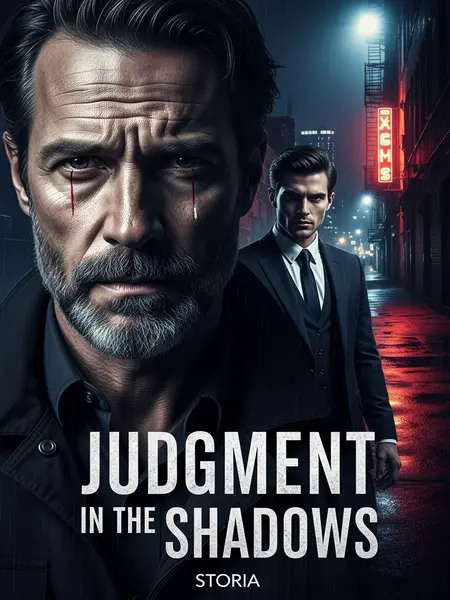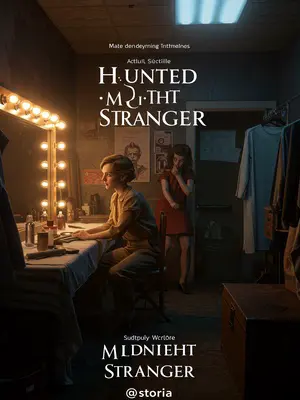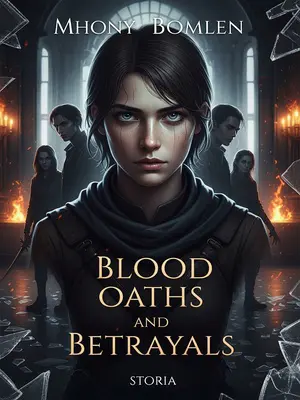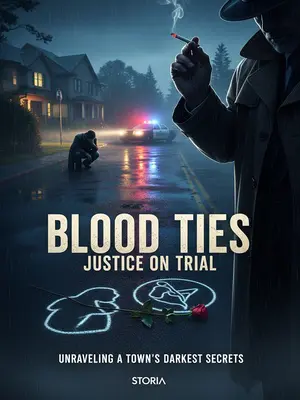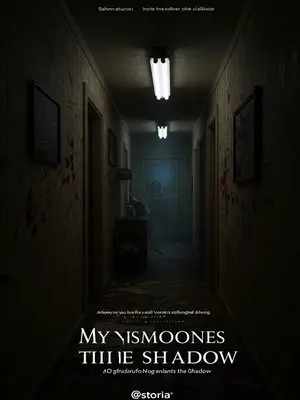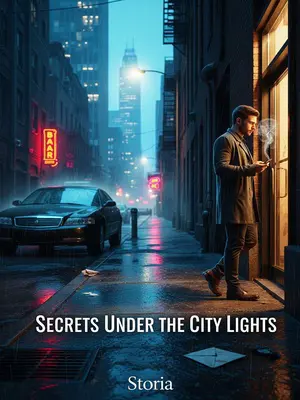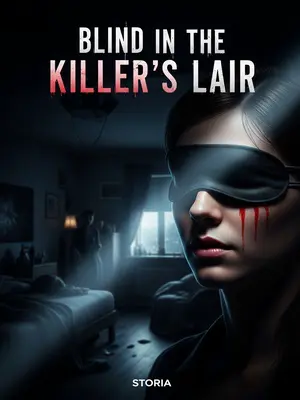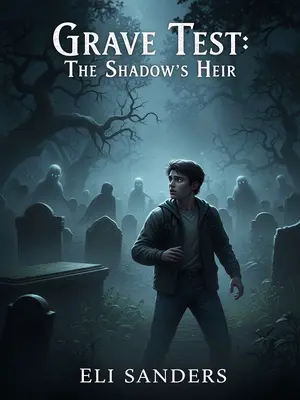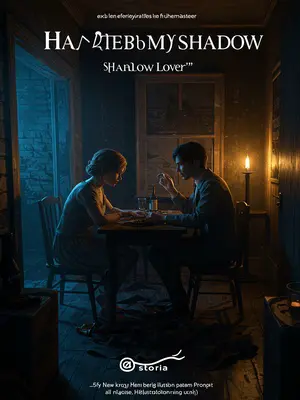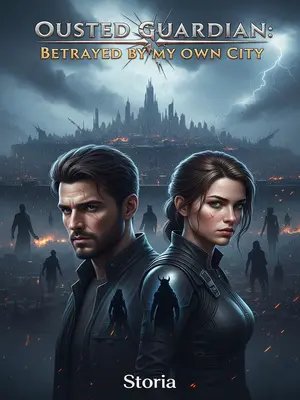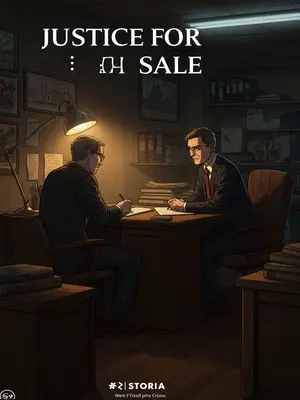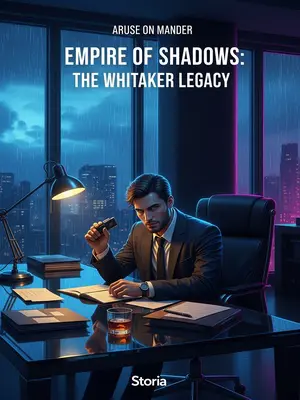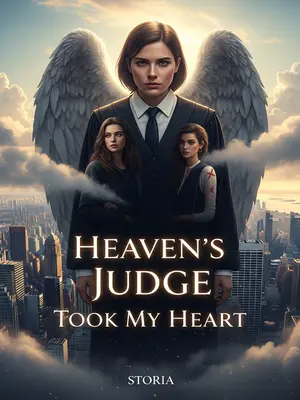Chapter 4: The First Test
"Don’t worry about the department. I guarantee that no one but you and me will know about this operation. I’ll get you an encrypted phone. Contact me directly if you need anything. I’ll fully support you."
Leonard stood up, saluted, and said solemnly: "Captain Holloway, your safety comes first. If anything unusual happens, abort immediately. Good luck!"
The salute was old-school, but it meant the world to me. We weren’t just colleagues—we were brothers in blue.
On the fifteenth day after Quentin Ford was acquitted, I had a two-hour meeting with Leonard in the holding room. Afterward, I didn’t go home but headed to the forensics lab to find Marissa Jensen.
The lab was cold, the air thick with the scent of chemicals and something metallic. Marissa was hunched over a microscope, her hair pulled back, eyes sharp as ever. She looked up, offering a tired smile.
Marissa Jensen, Kyle’s widow, is an outstanding medical examiner—proficient in both clinical and forensic pathology.
She was the best in the county—her reports were meticulous, her testimony airtight. I trusted her with my life. We’d shared too many late nights over stale coffee and cold pizza.
I spent the night in the autopsy room. When I left, my face was stiff from botulinum toxin and fat injections. According to Marissa, I might never be able to make facial expressions again—my face would always be a mask.
It was a strange feeling, not being able to smile or frown. Marissa worked with quiet efficiency, explaining every step, her hands steady even as she jabbed the needle. “You’ll thank me when this is over,” she said, and I believed her.
After eliminating the risk of my micro-expressions being read, I bought two pairs of glasses: one set of colored contacts, one pair of sunglasses.
I tried them on in the mirror, barely recognizing myself. It was like looking at a stranger. That was the point.
Because in the days ahead, I might get an "invitation" from Quentin Ford, the master of psychology. I had to guard against him reading my micro-expressions and detecting lies.
I’d seen him dismantle suspects with a single glance. I couldn’t afford to give him anything to work with.
After all this, I went home and collapsed into a deep sleep.
The exhaustion caught up with me all at once. For the first time in weeks, I slept through the night, dreamless.
One day.
Two days.
Three days…
The house was too quiet. I wandered from room to room, restless, checking my phone every hour. The walls felt like they were closing in.
Since Kyle Jensen’s death, I’ve lived in guilt, burying myself in work and overtime to numb the pain. Now in my forties, still single, several days of idle rest made me uncomfortable.
The silence was suffocating. I missed the chaos of the precinct, the constant buzz of radios and phones, the comfort of routine. Without it, the ghosts had more room to roam.
At first, I pretended to browse the Maple Heights police network and post complaints anonymously on forums to avoid raising Quentin’s suspicions.
I typed out rants and gripes, making sure my digital footprint looked just desperate enough. It was all part of the act.
After all, a normal person falsely accused and suspended would vent. Not doing so would seem unnatural.
I even threw in a few choice words about the brass, just to sell it. If Quentin was watching, he’d see what he expected to see.
But after more than ten days, Quentin still hadn’t contacted me.
The waiting gnawed at me. Every day I checked the mail, the phone, the front porch—nothing.
During this time, Leonard called several times via a private number, asking if I wanted to give up the undercover operation and return to the department.
His voice was always calm, but I could hear the worry underneath. He never pushed, just checked in.
But every time I remembered Quentin’s words the day he left the division, I refused.
Those words were my anchor. I couldn’t walk away now, not when I was this close.
I was convinced—a high-IQ criminal wouldn’t say anything meaningless to me.
Every move Quentin made was calculated. If he said he’d come back, he would.
Quentin said: "When you’re willing to risk everything to find the truth, I’ll appear before you again. I just worry that by then, you won’t be a cop anymore…"
The words replayed in my mind, a taunt and a promise.
Not a cop anymore?
To the outside world, that’s exactly my situation now.
The irony wasn’t lost on me. I was a cop without a badge, chasing ghosts.
So—Quentin, how long do you want me to wait?
I started marking the days on the calendar, each one a new test of patience.
Until a month later…
On the morning of August’s first chill, I, who never shopped online, received a next-day delivery package.
The box was nondescript, but I knew immediately—this was it. My pulse quickened.
I guessed immediately—this must be one of Quentin’s tricks.
He never did anything by accident. Every detail was deliberate.
Opening the package, I found a full set of fishing gear and a short, printed letter: "It’s the start of fall, come fishing. I’ll wait for you at Maple Heights Reservoir until noon—if you’re late, I won’t wait."
It was classic Quentin—cryptic, precise. The note was typed, no fingerprints, no handwriting. He was always careful.
Same trick, as cunning as ever.
Just like the label on the medicine bottle Leon Young took, the letter was printed—Quentin didn’t want to leave handwriting or fingerprints.
But there was one thing I couldn’t figure out: Quentin, you went to such lengths to order me fishing gear and disguise the sender, just to avoid being traced? But once I show up at Maple Heights Reservoir, won’t it be obvious it’s you?
He was daring me to show up, to play his game on his turf. I felt a mix of dread and excitement.
Because I was on an undercover mission, every abnormal event had to be reported. So I photographed the tracking number and letter and sent them to Leonard. Soon he replied:
[The package was ordered by an outsider. According to our cybercrime expert Henry Glenn, that account was stolen two weeks ago, and the login IP was encrypted and routed overseas. Further tracing will take time—how long, we can’t say…]
Henry always gave it to me straight. If he said it’d take time, it’d take time. Quentin had covered his tracks well.
But what I lacked was time!
Quentin wasn’t going to wait for us to catch up. I had to move, and fast.
To avoid arousing Quentin’s suspicion, I refused Leonard’s suggestion for police protection, took the fishing gear, and drove straight to Maple Heights Reservoir.
The drive out to the reservoir was quiet, the city fading in the rearview. My hands gripped the wheel tight. I checked my mirrors more than usual.
Maple Heights Reservoir is in the city’s northwest corner—a desolate area with few residents and little surveillance, currently being redeveloped.
The place had the feel of forgotten dreams—old playgrounds overgrown, cracked pavement, the wind carrying the scent of water and weeds. Perfect for a clandestine meeting.
Most of the original residents had moved to the city. Besides a few fishing enthusiasts, the place was deserted.
I parked by a rusted chain-link fence, scanning the shoreline. A couple of retirees with tackle boxes sat a hundred yards away, but otherwise, it was just me and the cicadas.
Upon arrival, I quickly found Quentin’s fishing spot.
He sat on the end of the dock, sunglasses on, legs dangling over the water. The air was thick with tension.
I put on my sunglasses, carried the fishing gear over, didn’t even open it, sat down, and deliberately put on an impatient face: "Quentin, what do you want?"
I kept my voice sharp, my posture closed off. I wanted him to see I was on edge, frustrated. It was all part of the act.
"Oh, what a coincidence! Captain Holloway, you have time to fish?"
Quentin looked at me in mock surprise.
He grinned, but his eyes never left mine. The game had begun.
If I hadn’t known this was his setup, I might have been fooled into thinking it was a chance encounter.
